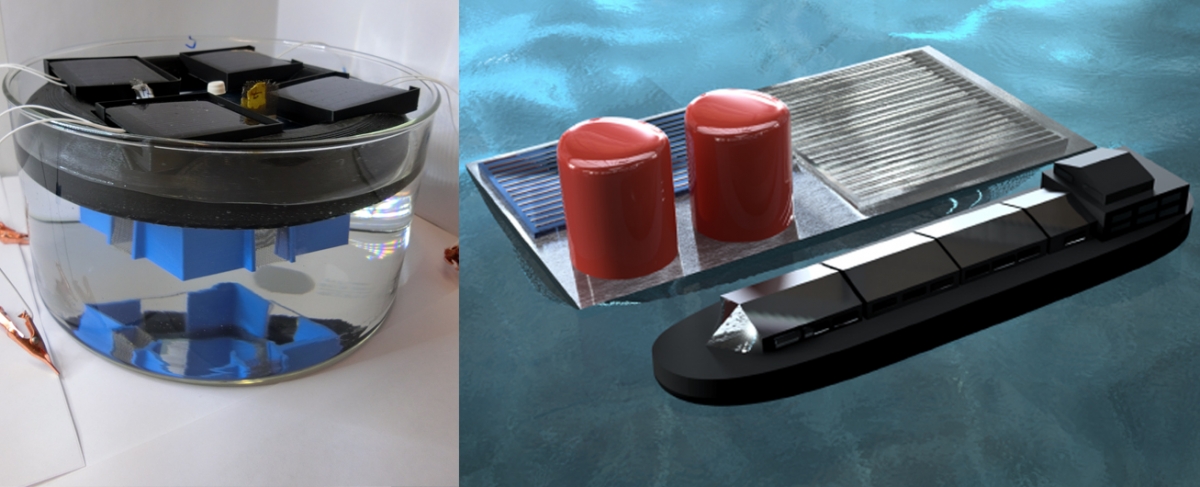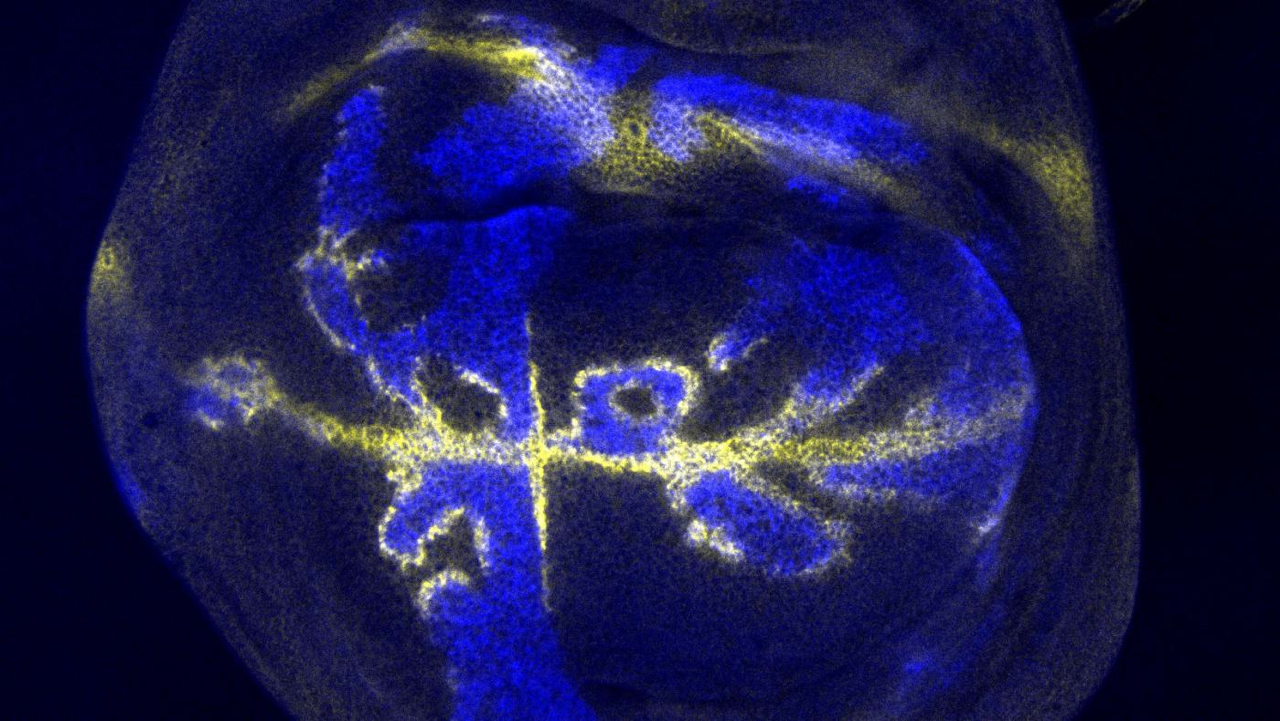22
December
The study projects that in coming decades the effects of high humidity in many areas may surpass humans’ ability to work or, in some cases, even survive.
Read More
20
December
Using electron microscopy, Columbia University Medical Center biologists have captured the first detailed images of a calcium membrane pore in action, revealing a potential target for treating cancer.
Read More
14
December
The design is the first practical floating solar hydrogen-generating device to perform water electrolysis without pumps or membranes and could lead to low-cost, sustainable hydrogen production.
Read More
14
December
“Alex Halliday is a renowned research scientist and skillful academic leader who is uniquely suited to charting the Institute’s future and its vital interdisciplinary role at the University," said President Lee C. Bollinger.
Read More
12
December
The researchers are the first to observe the electronic structure of graphene in an engineered semiconductor; their finding could lead to progress in advanced optoelectronics and data processing.
Read More
11
December
A new study co-authored by Anders Levermann of Columbia's Lamont-Doherty Earth Observatory shows that even minor deterioration of ice shelves can instantaneously hasten the decline of ice hundreds of miles landward.
Read More
01
December
In developing a new tool to trace the proteins that guide cellular development, Columbia University scientists are deciphering one of biology’s most ancient systems.
Read More







